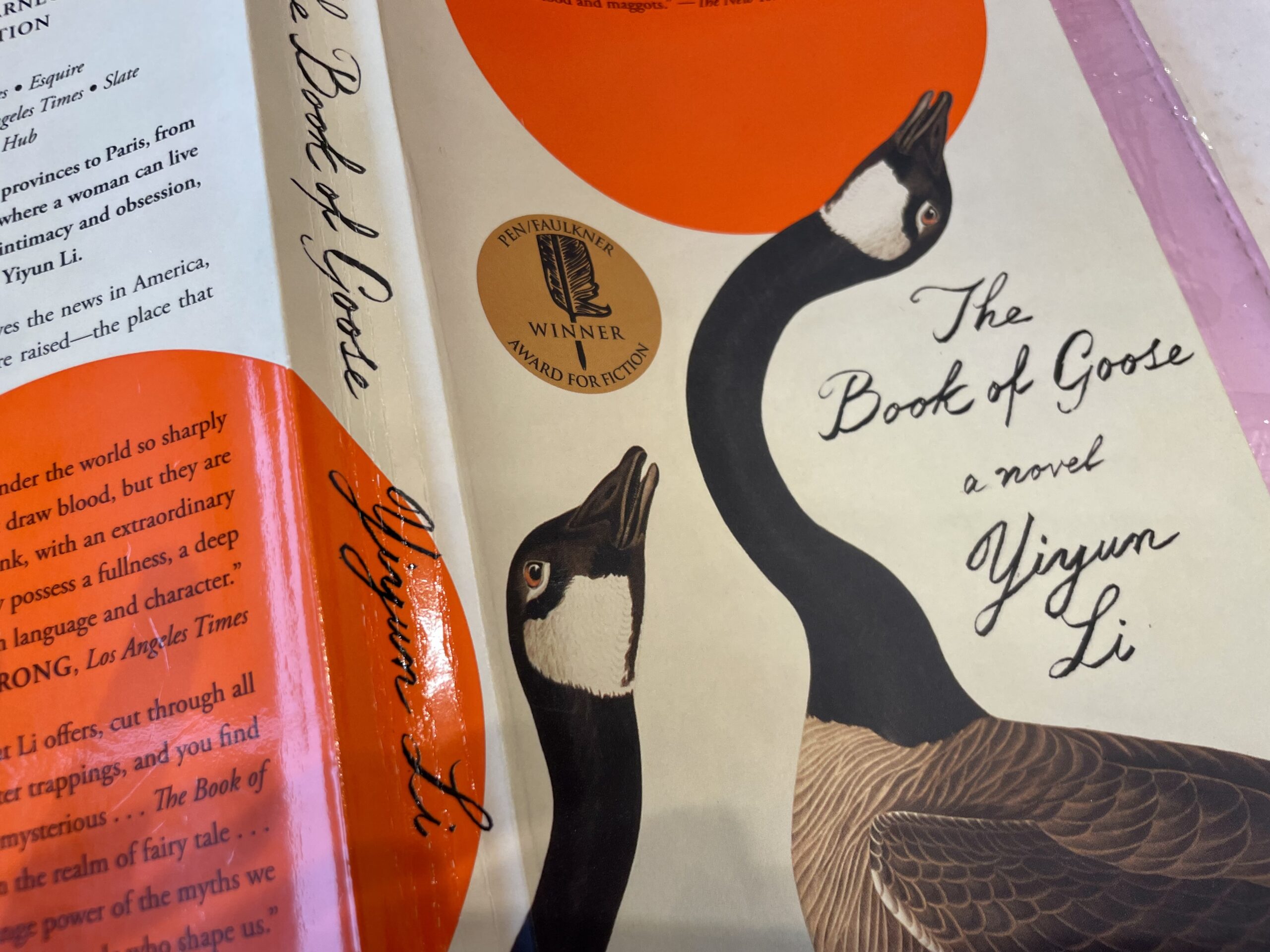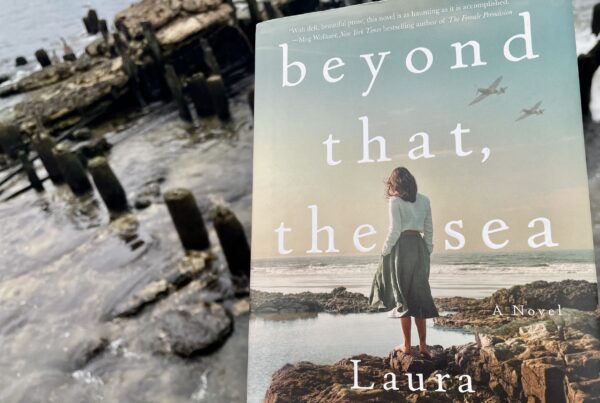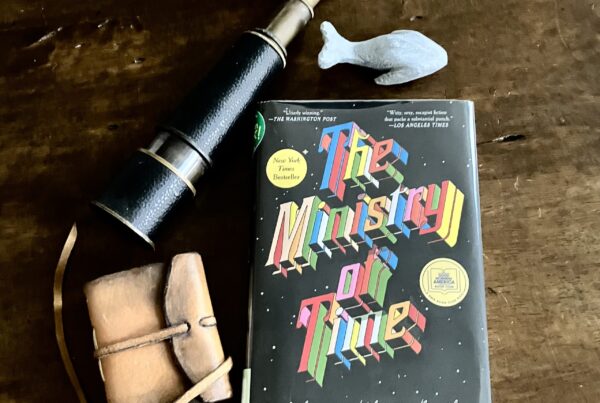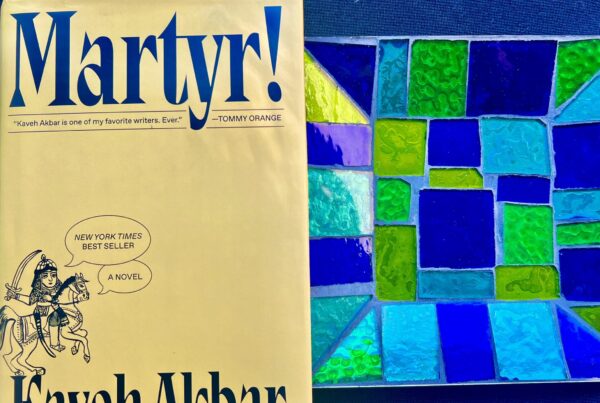Once in a while, I read a book that casts such a spell on me that in order to stay in its thrall after the last page, I have to write about it immediately. Yiyun Li’s The Book of Goose is one of those books.
Set in the French and English countryside after World War II, The Book of Goose gives us a glimpse into the heart of a childhood friendship that ignites and then extinguishes a promising literary career. Whose career it was, what the value of literary celebrity is, and what determines whether love blooms or dies are just some of the many questions this amazing book raises.
The story’s narrator, Adele, tells us from the very first page that an apple cannot cut an apple, nor an orange an orange. To sever a self in half, a knife is needed, and she suggests that her friend, Fabienne, was one such knife. Adele’s use of hyper-logical statements from the vantage point of adulthood obscures a layered depth of feeling for Fabienne that slowly comes into focus over the more than 300 pages that follow.
The Book of Goose is Adele’s book about the book that she and Fabienne wrote when they were 13, called Les Enfants Heureux. As children living in the rural town of Saint-Remy, the girls spent all their time together, making up games, playing in the graveyard, and amusing themselves with a form of nonsense that only they understood. From these diversions, the idea of writing a book together sprang up like a genie from Fabienne’s mind alone.
For reasons Adele never understands, Fabienne insists that Adele, who merely writes down Fabienne’s words because she knows how to wield a pen, be recognized as the book’s sole author. Embraced as a child prodigy for writing the unflinching stories about children who died, Adele is immediately celebrated in the press and whisked away to an English finishing school by an opportunistic headmistress. But all Adele, who never courted fame nor thought up any of the stories, wants to do is to go back to Fabienne.
To describe their reunion would be to spoil the most impactful moment of Li’s storytelling, but suffice to say you will never think about a scream in quite the same way.
For much of The Book of Goose, Adele leads us to believe that well before she died in childbirth, Fabienne was the knife that severed them and set Adele on a path to a conventional marriage to a bland American. But if you loop back to read the opening chapter once you’ve finished the book as I did, you’ll see that Adele has become not an unreliable narrator, per se, but a very clever one.
Despite her formidable power of imagination and flirtation with violence as an uncelebrated child prodigy, in the end Fabienne was only an orange that never dreamed of turning itself into a knife. It was Adele, who said she wanted to live with Fabienne forever, that ultimately dealt her pretty words like blades and stepped with feigned ambivalence into the conventional chariot always waiting for her.
You will never forget The Book of Goose.




